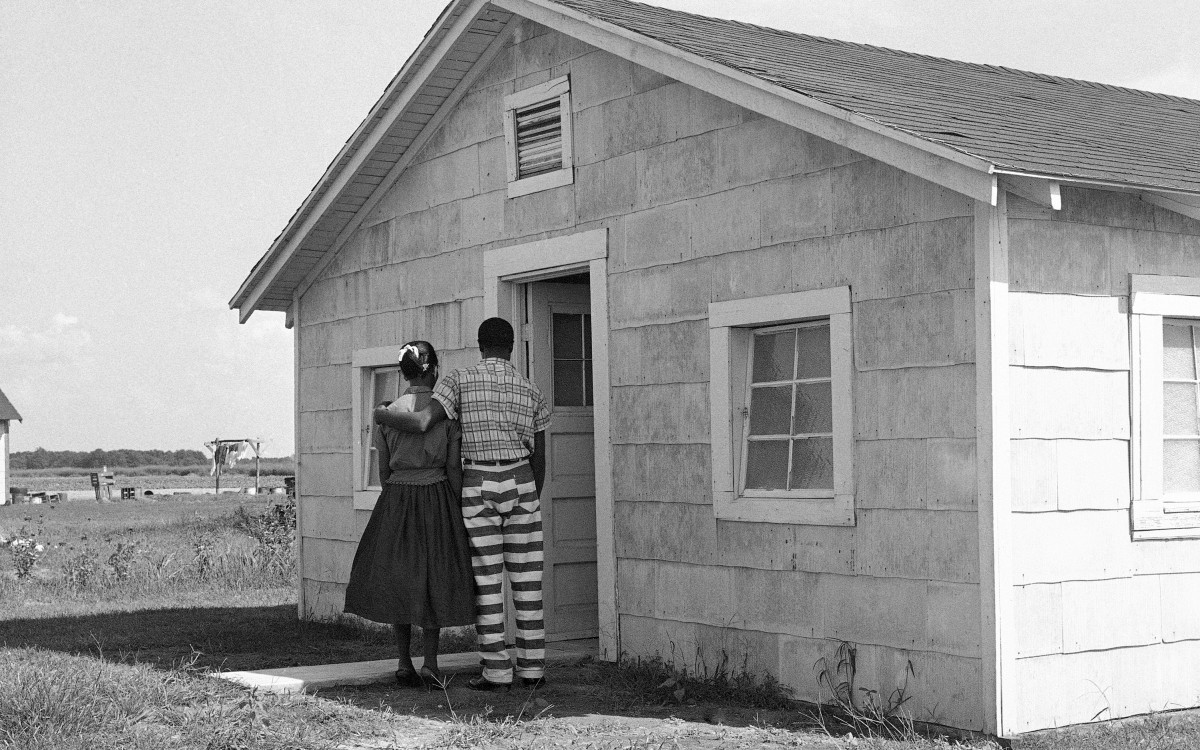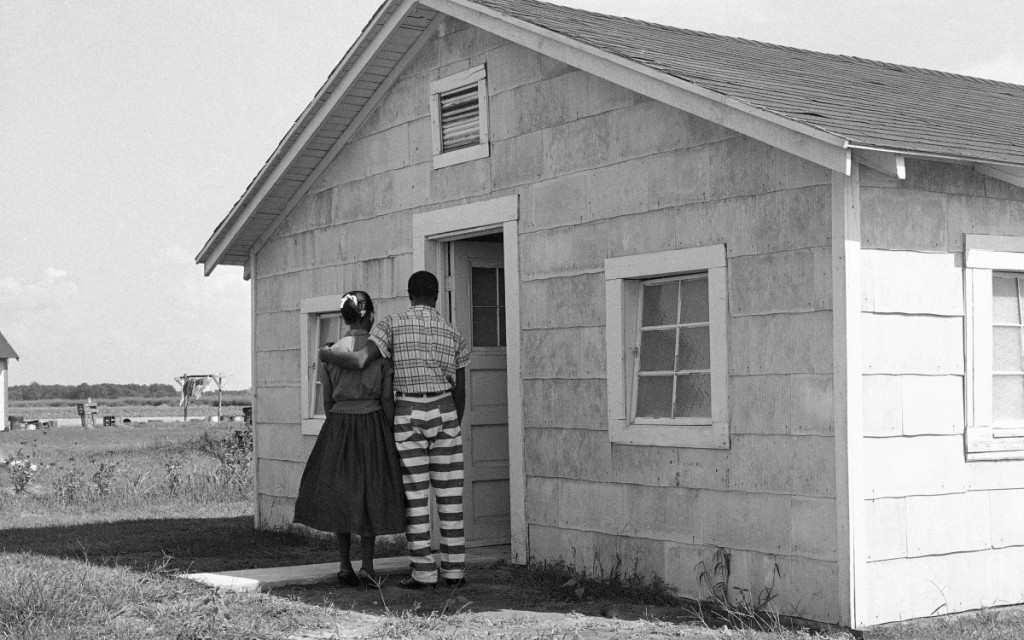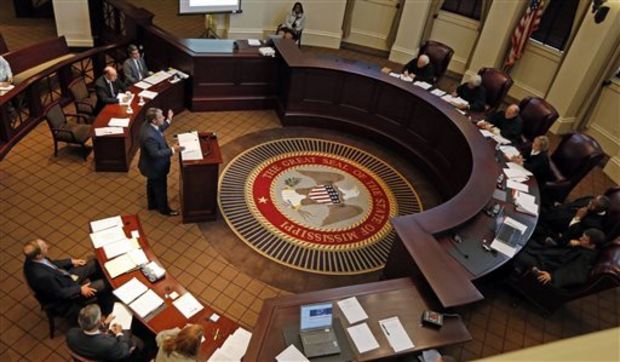
 JACKSON, Miss. (AP) — On Jan. 31, 2014, a century-old practice of allowing conjugal visits for inmates in Mississippi ended.
JACKSON, Miss. (AP) — On Jan. 31, 2014, a century-old practice of allowing conjugal visits for inmates in Mississippi ended.
Now, a federal magistrate judge will determine if Mississippi inmates have a protected right to conjugal visits.
An inmate makes that argument in a lawsuit filed in U.S. District Court against the Department of Corrections and former corrections chief Christopher Epps. Epps ended the practice last year.
At the time, Mississippi was one of only six states to allow conjugal visits, and the practice is forbidden in federal prisons. New Mexico stopped the visits last May despite criticism from some civil rights groups, while only four other states — California, Connecticut, New York, and Washington — still allow the practice.
In Mississippi, conjugal visits were allowed only for married, minimum-security inmates who haven’t violated rules in the previous six months.
Epps said he believed the visits helped keep families together and reduced sexual assault among prisoners. But Epps said with the focus on trimming prison expenses, the benefits didn’t outweigh the costs.
Epps resigned last November, and he pleaded guilty to federal corruption charges six weeks ago. His sentencing is pending.
Inmate Jehoikeem Mulazeem, who is listed in Department of Corrections’ records as Charles Daniels, wants the visits to resume.
The practice of conjugal visits in Mississippi has never been adopted by law, and a written policy wasn’t created until the 1980s.
Eligible inmates in Mississippi were given one hour for a conjugal visit, in prison rooms that are set up like apartments. The couples were issued soap, condoms, tissue, sheets, pillowcases and towels. The inmate and spouse were searched before and after each visit.
Supporters of the visits say they help inmates reintegrate back into society later and keep families together. Meanwhile, opponents say the practice is an unnecessary privilege afforded to convicted felons who are allowed to have sex with spouses and lovers despite their crimes.
Mulazeem, who is serving a 40-year sentence at the Jefferson County Corrections Facility for burglary and attempted armed robbery, filed his complaint on Dec. 19, 2013, days after Epps announced the cessation of the visits.
The inmate, who is acting as his own lawyer, said the previous conjugal visit policy used the words “will be permitted” which created a protected liberty interest for the inmates. He said prisoners have a right to be protected from arbitrary and purposeless rule changes.
Mulazeem said MDOC’s own policy states that the visits cannot be taken away unless an inmate breaks a rule — not by an arbitrary decision of Epps.
Special Assistant Attorney General Tommy D. Goodwin, representing MDOC and Epps, said in briefs that Mulazeem failed to identify any state or federal law that allegedly grants inmates the right to conjugal visits. He said various courts have held that “inmates have no constitutional right to conjugal visits.”
Goodwin also said Mulazeem also failed to show what harm he had suffered from the loss of conjugal visits.
After a hearing Tuesday in federal court in Hattiesburg, both sides agreed to allow U.S. Magistrate Michael T. Parker to handle the proceedings in the case. No trial date has been set.



